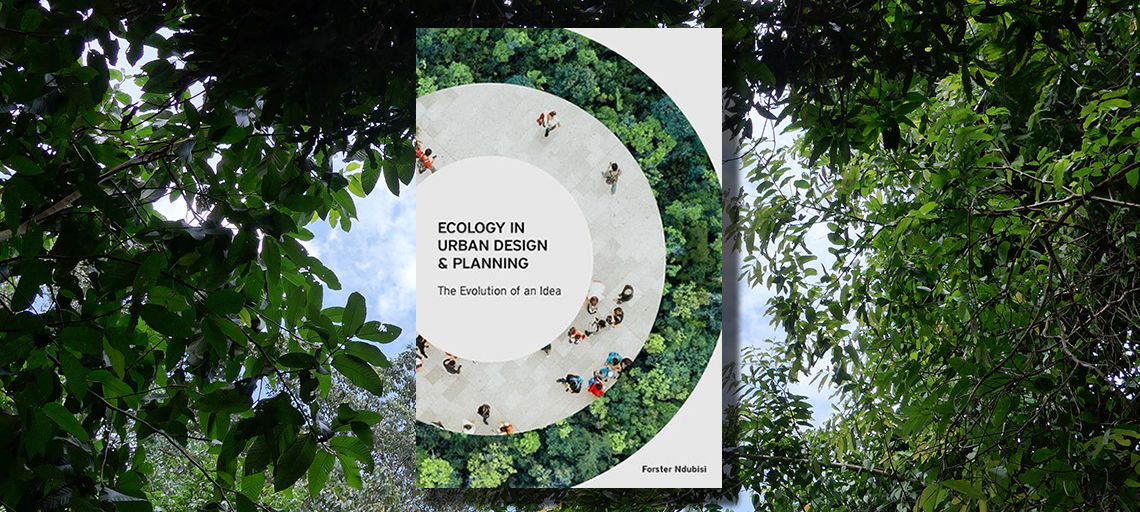Planning prof’s book touts balancing human activity, ecological concerns
In a new book, Forster Ndubisi, Texas A&M professor of urban planning, advocates a balance of human activity with ecological concerns — ecological urbanism — for a future of sustainable, resilient, and beautiful places.
The book, “Ecology in Urban Design and Planning: The Evolution of an Idea,” is scheduled for a March 15, 2021 release.
Despite laws worldwide that protect the environment and natural resources, as well as progress in scientific knowledge and technology, said Ndubisi, places that support life are degrading from increased urbanization, accelerated consumption, resource depletion, and climate change.

In the book, he surveys connections between ecology, urban planning and design from theoretical, literary, and historic perspectives and proposes integrating ecological thinking into design and planning practice as a response to the increasing urban need to balance human use and ecological concerns in the built environment.
“This unusually comprehensive overview is very relevant as we grapple with climate change, resource depletion, sprawling cities, and loss of nature and biodiversity,” said Tim Beatley, the Heinz Professor of Sustainable Communities at the University of Virginia. “The vision and model of place-based ecological urbanism is a well-suited antidote or response to these global circumstances.”
In the book, Ndubisi also traces the evolution of ecological thinking since the fifth century B.C.E.
His publications also include “The Ecological Design and Planning Reader,” a 2014 compilation of classic and contemporary writings that illustrated key themes shaping the theory and practice of ecological design and planning.
A former head of the Texas A&M Department of Landscape Architecture and Urban Planning, Ndubisi specializes in ecological design and planning, community design, growth management, and interdisciplinary design education.
He is also a faculty fellow with the Hazard Reduction and Recovery Center.


